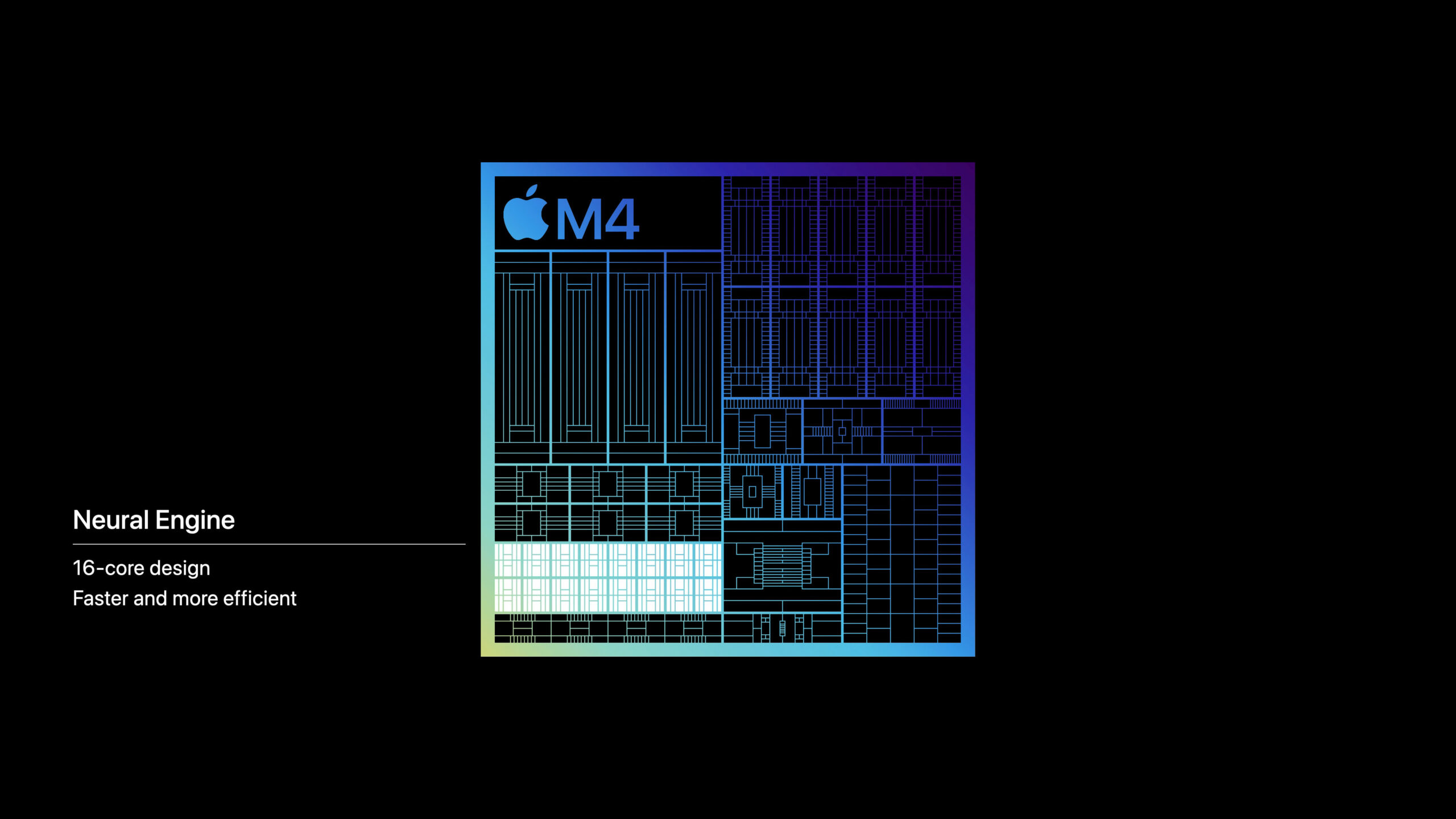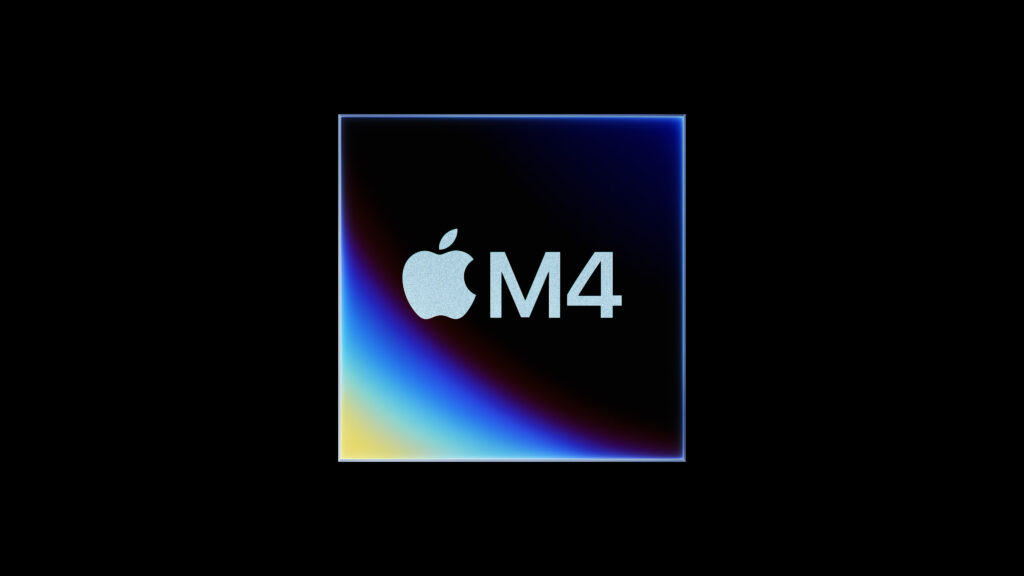Apple’s M4 Chip Brings Powerful AI to the iPad Pro
Apple recently introduced its latest chip, M4 Chip, a major upgrade in processing power for the iPad Pro. This new chip boasts industry-leading performance and is specifically designed to handle demanding artificial intelligence (AI) tasks directly on the device. Here’s a closer look at the M4 chip and its implications for the future of AI on iPads.
M4 Chip: Built for Performance and Efficiency
The M4 chip is built on a second-generation 3-nanometer technology, making it incredibly efficient while delivering exceptional performance. It features a 10-core CPU with a combination of performance and efficiency cores, along with a next-generation 10-core GPU. This combination translates to noticeably faster processing speeds compared to the previous M2 chip found in iPad Pros.
- CPU: Up to 1.5x faster CPU performance than M2
- GPU: Up to 4x faster GPU performance in specific tasks
- Efficiency: Delivers the same performance as M2 using just half the power
The most important part of the M4 chip for AI is the Neural Engine. Apple claims it’s their most powerful Neural Engine yet, capable of a staggering 38 trillion operations per second – 60 times faster than the first Neural Engine introduced in the A11 Bionic chip.

- Neural Engine: 38 trillion operations per second, 60x faster than the A11 Bionic Neural Engine
This immense processing power allows the iPad Pro to handle complex AI tasks on-device, eliminating the need for constant internet connectivity or reliance on cloud-based AI services. This opens doors for a wide range of AI-powered applications on the iPad Pro, including:
- Real-time video editing with AI-powered features like object recognition and scene analysis
- Enhanced photo editing with tools like automatic background removal and intelligent noise reduction
- Improved performance for AI-powered creative apps like music composition and graphic design
- Advanced augmented reality (AR) experiences with real-time object and environment recognition
M4 Chip: A Catalyst for On-Device AI Workflows
The M4 chip’s emphasis on AI processing power signifies a major shift for Apple. It signals the company’s commitment to empowering users with powerful on-device AI capabilities. This approach offers several advantages:
- Privacy: By processing AI tasks directly on the device, user data remains private and secure, eliminating concerns about data transfer and cloud storage.
- Performance: On-device AI processing reduces delay and improves responsiveness compared to relying on cloud-based AI services.
- Accessibility: AI-powered features become more accessible to users with limited or unreliable internet connectivity.
The M4 chip paves the way for a future where iPads and other Apple devices can handle sophisticated AI tasks without relying on external resources. This shift will likely reshape how users interact with their devices and empower them to accomplish more complex tasks with greater efficiency and privacy.
The Future of AI on iPads: What’s Next?
With the M4 chip setting the stage, we can expect to see a surge in AI-powered applications specifically designed for the iPad. Developers will likely take advantage of the M4’s capabilities to create innovative tools for creative creative professionals, teachers, and everyday users. Here are some potential areas of growth:
- AI-powered education apps: Personalized learning experiences with intelligent tutoring and feedback mechanisms.
- Augmented reality applications: Enhanced AR experiences with real-time object and scene recognition for education, design, and entertainment purposes.
- Advanced creative tools: AI-powered features that assist with tasks like music composition, video editing, and graphic design.
The M4 chip is a big step forward for AI on iPads. Its exceptional processing power and focus on on-device AI processing open doors for exciting new possibilities. As developers embrace this new technology, we can expect to see a wave of innovative AI-powered applications that transform the way we use iPads.
To stay updated on the latest developments in AI, visit aibusinessbrains.com.




